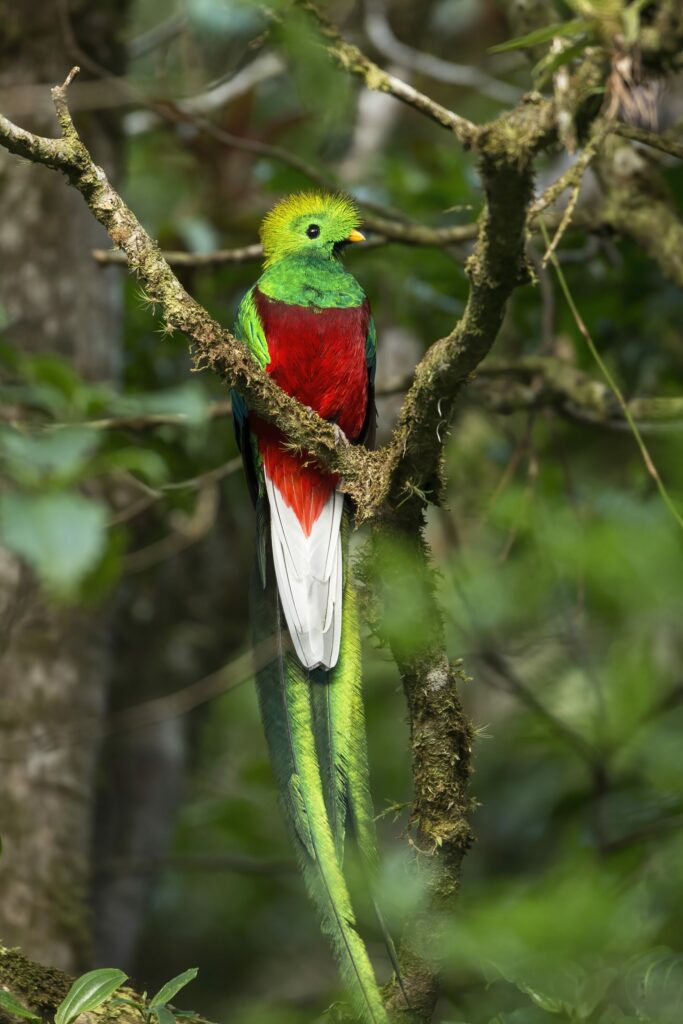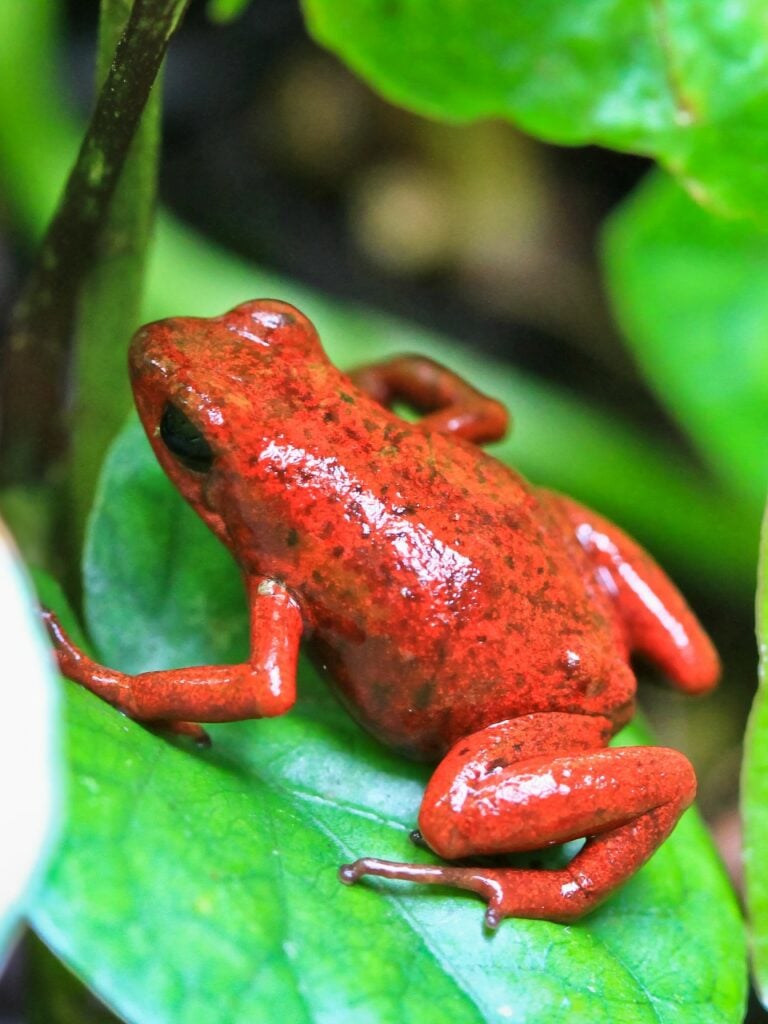Discover how Namib Desert wildlife thrives in extreme conditions – elephants, beetles, plants & more adapt uniquely to survive harsh environments.
GVI
Posted: July 9, 2024

GVI
Posted: December 15, 2022
Costa Rica is a culturally diverse country, with a rich blend of indigenous, Spanish and Afro-Caribbean influences. The country is also home to a wide variety of incredible species, many of which are found nowhere else in the world. Whether you’re wanting to travel to experience local cultures and wildlife or if conservation is more your thing, travelling in Costa Rica should be on your wish list.
There are a few things to keep in mind when travelling to Costa Rica. First, it’s important to be aware of the local laws and customs, and to respect the culture of the country. Costa Rica is a relatively safe destination, but as with all countries it’s always a good idea to use your common sense to keep yourself and your belongings safe.
One important thing to note is that Costa Rica is home to a wide variety of wildlife, including some potentially dangerous animals such as snakes and spiders. It’s important to be cautious when exploring the country’s natural areas, and to be mindful of your surroundings.
Another thing to consider is the weather in Costa Rica, which can vary depending on the time of year and the region you’re visiting. The country has a tropical climate, with distinct wet and dry seasons. The wet season, which runs from May to November, can be hot and humid, with heavy rainfall in some areas. The dry season, which runs from December to April, is generally cooler and more pleasant.
Finally, it’s important to be aware of the potential for natural disasters in Costa Rica, such as earthquakes and volcanic eruptions. These events are rare, but it’s a good idea to familiarise yourself with local safety protocols and to have a plan in place in case of an emergency.
Some of the most notable species found in Costa Rica include:


Some of the major threats to wildlife in Costa Rica include habitat destruction, poaching, and the illegal wildlife trade. The country devotes major resources to conservation efforts, while there are key certified, ethical programs that contribute.
Costa Rica has a strong tradition of folk music and dance, and many Costa Ricans enjoy attending local festivals and celebrations. Costa Ricans are also known for their love of sports, and soccer is the most popular sport in the country.
In terms of daily life, locals are generally family-oriented and place a high value on spending time with their loved ones. Many can be found hiking, surfing and mountain biking in their free time.
In terms of daily life, the people are generally hardworking and value education. Many Costa Ricans work in the service industry, and the country’s strong tourism industry is an important source of employment. Costa Rica is also home to a growing number of high-tech companies, and many people work in the technology sector.
You may hear the term ‘Tico’ used to refer to local people when travelling in Costa Rica.
‘Tico’ is a nickname used by Costa Ricans to refer to themselves and other people from Costa Rica in a friendly and affectionate way.
It is derived from the Spanish suffix “-tico”, which is used to form diminutives. For example, “perrito” (little dog) becomes “perritico” (tiny dog), and “carrito” (little car) becomes “carritico” (tiny car).
It is important to note that the term should only be used by people from Costa Rica or those who are familiar with the country and its culture. Using the term without understanding its context or intending to be respectful can be considered offensive. If you are unsure about whether it is appropriate to use the term, it is always best to ask someone from the country or do some research to better understand the term and its usage.
Overall, Costa Rica is a vibrant and welcoming country with a rich culture and a strong sense of national pride. Visitors to Costa Rica are sure to be struck by the warmth and hospitality of the local people, and its animal and plant life are awe-inspiring.
Speak to an expert on the region about how you can join a GVI Costa Rica program and make your adventure meaningful.

Discover how Namib Desert wildlife thrives in extreme conditions – elephants, beetles, plants & more adapt uniquely to survive harsh environments.
GVI
Posted: July 9, 2024